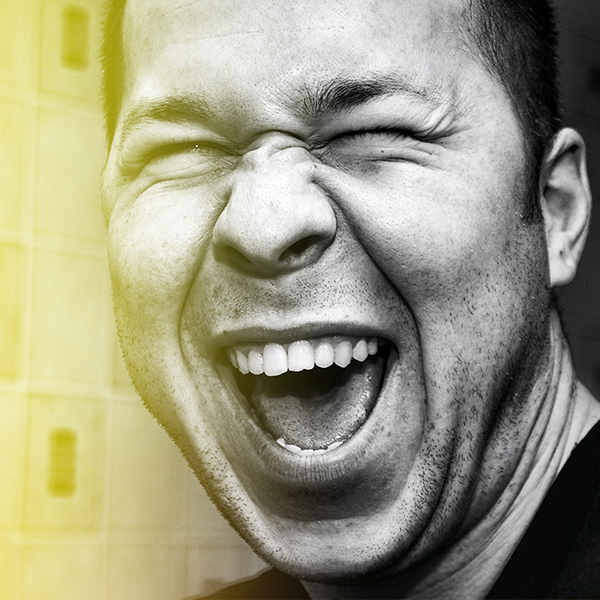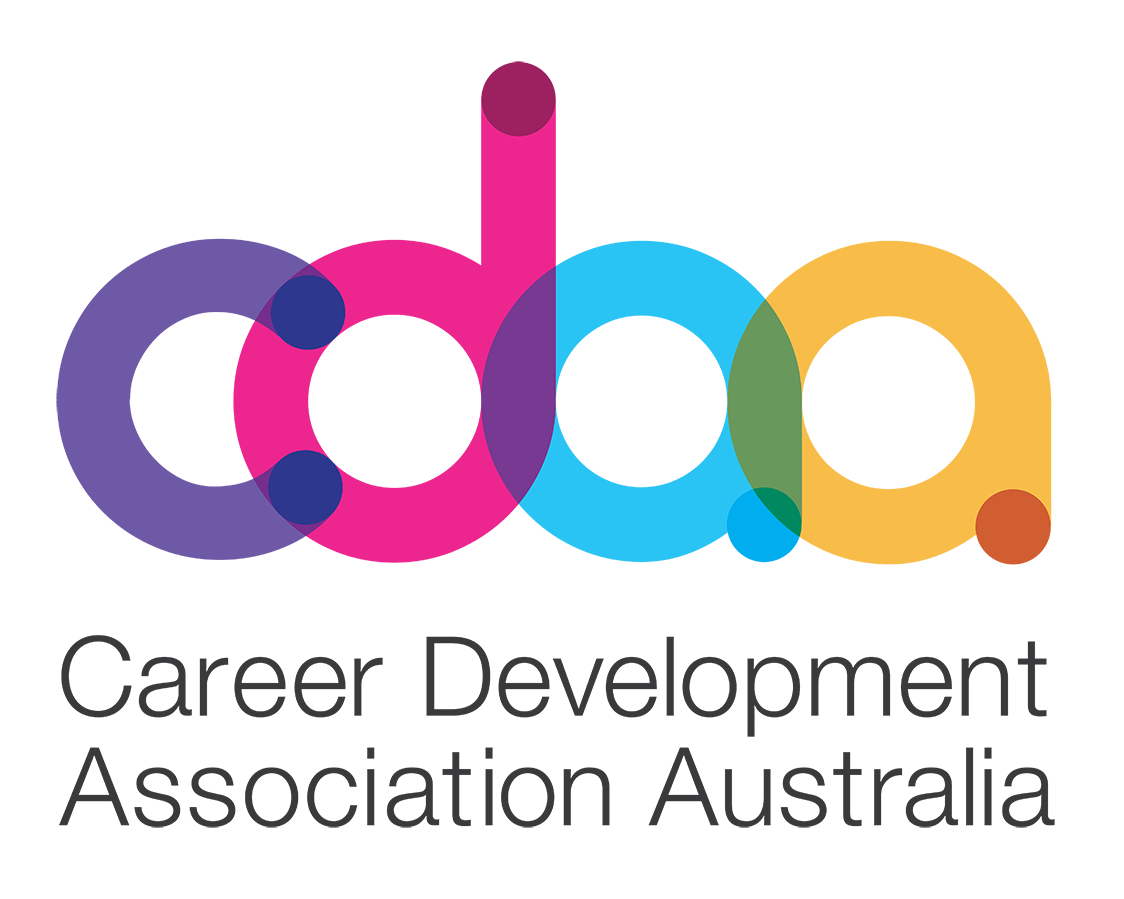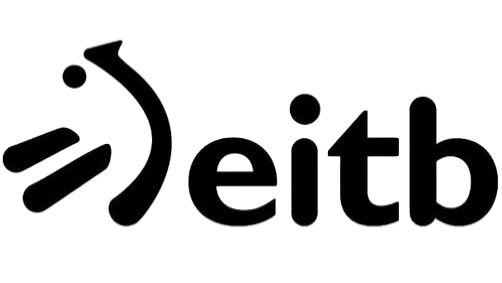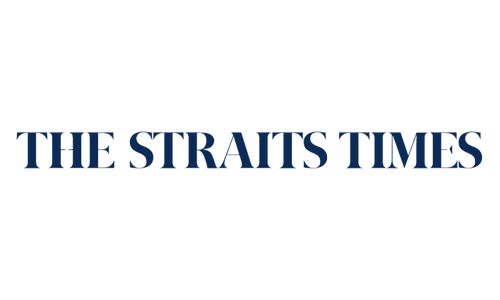Career Narrative: How the Stories You Tell Impact Your Future Roles

Most people miss the mark on what a career narrative is.
They think they are telling a story when they talk about their career, but what they are often doing is listing down experiences. A string of job titles. A few achievements. Maybe a line about what they are looking for next.
In actual fact, a career narrative is the story you construct around your professional journey that aligns with your future goals. This includes your wins, pivots, challenges and evolution.
It’s vital to understand that this narrative isn’t merely decoration. Instead, it’s a strategic thread that connects your past, present and future, helping employers, colleagues, and even yourself make sense of where you’re headed.
Why does this matter? In a world of increasing job transitions and leadership visibility, your story influences how others perceive your fit. More importantly, it helps the people you speak to, to understand you better.
The Psychology of Storytelling in Professional Transitions
Humans are story‑driven. Our brains lean on narrative to understand and process information. In career change or leadership interviews, stories stick and facts alone don’t.
Neuroscience confirms that storytelling lights up the brain’s emotional and memory circuits, making your experiences more relatable and memorable.
And when you’re moving on from a previous role, crafting your narrative helps with grief and closure. As covered in our post on Grieving Your Old Career, letting go of old titles, tasks or identities is part of that storytelling process. You acknowledge what was and rewrite what comes next, crafting meaning from both.
Career Narrative vs CV: What Sets It Apart
A CV typically lists facts such as dates, titles, and skills. A career narrative, on the other hand, weaves all these facts into a cohesive story: why you took this role, who you are as a candidate, what you learned, and how it feeds into your future ambitions.
Imagine two candidates:
- One sends a plain CV.
- The other leads with, “After eight years in consulting, I noticed I was energised by team development, so I moved into a leadership programme and delivered a 20% team performance uplift.”
The latter listens, nods and remembers you, not just for the numbers, but for the journey. It's about fit and cohesion, not just competency.
Career Narrative Example: Turning a Redundancy into Leadership Growth
Meet “A”, anonymised for privacy. After a redundancy, A faced uncertainty. Instead of pitching solely on technical skills, she created a narrative:
- Before: “I was let go after my division shut down.”
- During: “That pause led me to volunteer mentoring, where I discovered a passion for leadership.”
- After: “I repositioned myself as a leadership developer, landing a programme manager role that thrives on coaching high‑potential talent.”
By turning loss into discovery, A showed resilience and foresight. Her narrative became a leadership statement instead of a CV footnote.
From Interviews to LinkedIn: Where Your Narrative Lives
Your career narrative should permeate every touchpoint:
- Interviews: Begin with a story arc. Start with context, highlight purpose, and end with impact. A structured narrative is more memorable than bullet points.
- LinkedIn: Your headline and “About” section should read like a mini‑narrative – who you are, what drives you, and where you’re heading.
- Executive summaries: Trim your CV introduction into a crisp, narrative‑led pitch that offers a snapshot of your professional persona.
This extends into our Job Landing service at The Happy Mondays Co. where we, on top of refining resumes, embed your story into every audience interaction, so your career narrative becomes your signature.

What Makes Career Narratives ‘Award Winning’
An award winning resume is more than a list of roles. It’s a story that flows, feels authentic and speaks to the audience. Key qualities include:
- Clarity: Brief, logical, easy to follow.
- Cohesion: Each role or example leads to the next, showing growth.
- Voice: Shows who you are. Your values, style, motivation.
- Relevance: Tailored to the role or industry, not one‑size‑fits‑all.
Singapore’s SkillsFuture Singapore stresses lifelong learning aligned to purpose. Affirming that narrative helps professionals make learning meaningful, thus feeding directly into your career narrative.
In Australia, Job Outlook highlights skills transferability and career pivots. Framing your story around how your abilities move with you adds power to your narrative.
When You Hit a Performance Plateau: Rewrite the Script
Everyone hits a point where energy flattens: a plateau. In the post Work Performance Plateau, we explore how the narrative you tell yourself can reinforce or re‑energise your progress.
If you're telling yourself: “I’m stuck here and maybe I’ve peaked,” you stagnate. Shift that to: “I am poised at a pivot point, ready to leverage X skill or Y network”. Suddenly, you’re repositioning the plateau as preparation for what’s next.
Your internal narrative sets the tone for your efforts. From bland routine to conscious journey, it can reignite growth.
From Headlines to Hiring Managers: Where Your Career Narrative Lives
Your career narrative – clarified, compelling, connected – shows up in every stakeholder moment:
- Hiring managers want fit and clarity, not confusion and noise.
- Talent assessors look for patterns and motivation.
- Internal leaders need to understand your journey when considering promotions or new assignments.
If your CV, LinkedIn, cover letters and spoken pitch all reinforce the same story, you create a consistent and credible brand.
Conclusion: Write the Next Chapter of Your Career Narrative
Your career narrative is a necessary guide for your future roles. It shapes how you’re remembered, opens doors, and keeps you resilient through transitions.
What’s the story you’re telling right now? Does it connect who you are, what you've done, and where you're going? If not, perhaps it's time to re‑author that script.
If you’re ready for clarity, cohesion and impact, consider exploring the Job Landing service by The Happy Mondays Co.. Because your next chapter deserves to be told and heard.




















